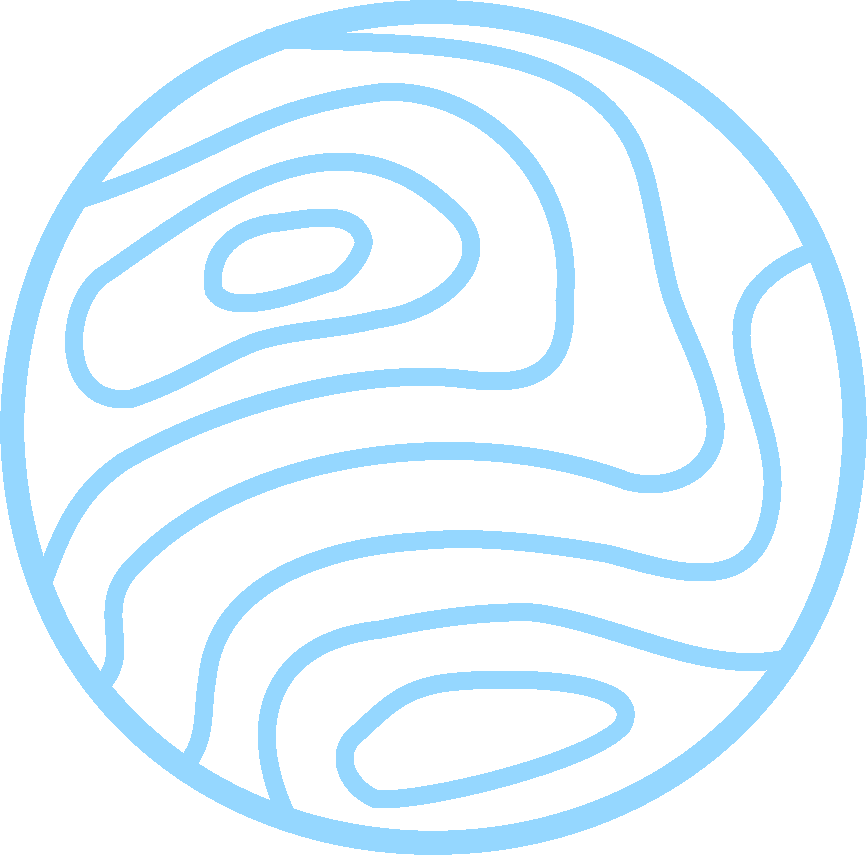What will you discover between Óbidos and Peniche?
On one single day, walk on sea stacks separated from land by volcanic breccia. Discover a land where pirates wandered around isles built during Atlantic rifting, to sink ships as if hit by earthquakes. Go back 175 millions years when oceans were full of species now extinct, like ammonites and belemnites later transformed into golden fossils.
See castles floating on dried up seas standing high on limestone promontories, overlooking and surrounded by plains made of gypsum, salt and clay. Witness the tilting and folding effect of salt moving while it kept piercing layers of sediment, in a constant effort to stay afloat.
Understand how evaporites were washed away by waving seas, creating perfect geometries. In the process, natural barriers were erected, protecting fishermen against the sheer power of the sea. Natural barriers that sheltered both mankind and nature and where sand dunes deposited and ingrained, mesmerising us all.
-
Rocks & minerals
Fossils & dinosaurs
The salt of the earth
Faults & folds
Formation of oceans
Past climate change
Geology & culture
-
Easy to moderate depending on/adjusted to the participants physical capabilities.
Travel between field stops will essentially be done by car. Participants will only be required a maximum of 10 minutes walk (less than 1 km) in each locality on easy to moderate terrain conditions.
Suitable for children and senior participants.
-
Óbidos (castle)
Óbidos gypsum quarry
São Martinho do Porto
Salir do Porto
Sobral da Lagoa
Papôa (Peniche)
Cabo Carvoeiro (cape)
-
Door to door field trip transportation*
Highly qualified and specialised geological field tour guide
Digital tour guidebook and GPS locations with description (.kmz format)
Lunch, snacks and water (several options)*
Geo Logica t-shirt made in Portugal
Personal insurance*
Carbon offset*
A day full of geo memories to remember for the rest of your life
-
Prices vary depending on the number of participants and travelling comfort chosen.
Fill in the field trip form using the button below to get a quote*
More about what you will discover on this trip
-
Compare the age of our planet to a road trip. It has been already a 4500 km long journey in which mankind only came aboard 3,6 kilometres ago.
Come with us to understand how old is our planet and imagine this age when comparing with the timescale of human existence. Learn the different Eons, Eras, Periods, Ages and Stages of the Earth’s history. In the process understand how Earth’s dating is done, through practical experiences to explain the main geological principles.
-
We all recognise many different types of rocks. But how can we distinguish them?
How are rocks classified? What do they mean? How were they first formed? How were they transformed throughout geological time? How can they tell us the history of our planet?
Answer all these questions while experiencing how the pioneering scientists came up with the main geological concepts.
-
Everything has a beginning and an end. Oceans are no exception. Geologists call this the Wilson cycle. There are many evidences of this process called oceanization or rifting along the Portuguese Atlantic coast.
Witness the 200 Million years old history of the opening of the Atlantic Ocean. Understand how the American and European plates broke apart during the fragmentation of Pangea Super-continent.
-
Observe old marine ecosystems recorded and preserved in the rocks.
Understand how old remnants of life can show us the environmental changes that occurred since these were deposited until the present day.
Recognise and witness past sea level changes, with deep water seas turning coastal areas and then into rivers.
-
When oceans and seas dry-up huge amounts of salt are deposited in a short amount of time, geologically speaking. Often this process ends up forming thick sequences of so called evaporites - i.e. halite (rock salt), gypsum, anhydrite, etc. Within time, evaporites and overlaying sediments get buried, dehydrated and consolidated with sediments getting denser than evaporites/rock salt. This density contrast results in upward movement of evaporites creating salt domes, i.e. salt-cored mountains. In Portugal there are excellent examples of salt domes.
-
All of us have heard about earthquakes. Many of us have heard about plate tectonics. Yet, only few of us have ever been able to recognise in the rocks direct evidence of these phenomena.
The marks left behind by earth processes are all around us in the form of faults and folds in the rocks. Understand how to recognise and identify the plate tectonic processes behind the many faults and folds that helped create the most amazing landscapes in our planet.
-
Although usually unaware, we are all fascinated by geology. Kings, clergy, philosophers, artists, architects, engineers, at some point, all the greatest minds looked into breathtaking landscapes, amazing geological locations, and realised how powerful, inspirational and singular these were.
That is why so often geowonders are involved in popular myths and crowned by the ingenuity of human minds in the form of great monuments. Discover the geohistory behind history.








